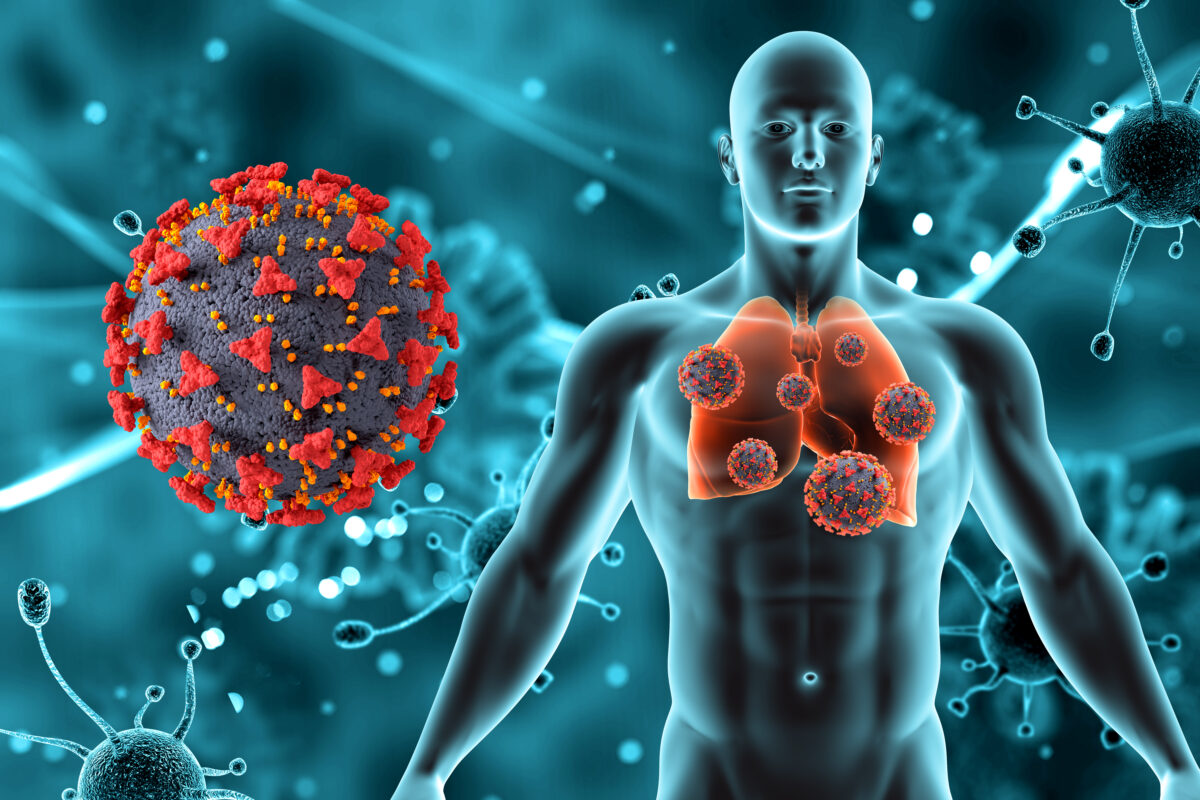This content is for informational and educational purposes only. Always consult a qualified healthcare provider.
Last Updated on November 25, 2025 by Grace Oluchi
TL;DR
Tuberculosis (TB) remains a major global health threat in 2025, with millions affected annually. TB is caused by the Mycobacterium tuberculosis bacterium, primarily infecting lungs but can target other organs. Crowded living conditions, weakened immunity, and exposure to infected individuals increase TB risk. Advances in AI and genetic testing aid early diagnosis, while new treatments and vaccines promise improved outcomes. Stay informed on prevention and treatment innovations to protect yourself effectively.
📋 Table of Contents
Tuberculosis Is Still a Global Threat in 2025
Many assume TB is a disease of the past, but millions still contract it worldwide each year. According to the World Health Organization (WHO), TB remains a leading cause of infectious disease deaths globally in 2025. This article covers the latest facts, prevention strategies, and treatment advancements to help you stay informed and protected.
Expert Insight
🗣️ “Despite medical advancements, TB continues to challenge healthcare systems worldwide. The key to controlling TB is improving early detection, access to new treatments, and enhancing vaccine efficacy.” – Dr. Maria Rodríguez, Infectious Disease Specialist, WHO
What Is Tuberculosis (TB)?
TB is a highly contagious airborne disease caused by the Mycobacterium tuberculosis bacterium. It primarily targets the lungs but can also affect bones, the brain, and kidneys (extrapulmonary TB)
How TB Spreads
- When an infected person coughs, sneezes, or talks, TB bacteria spread through tiny airborne droplets.
- People nearby inhale these droplets, allowing bacteria to enter the lungs and multiply.
- The immune system may contain the bacteria in granulomas (latent TB) or fail, causing active disease.
Global TB Statistics in 2025 (WHO & CDC Reports)
- 10.6 million people contracted TB in 2024; cases remain high in 2025.
- 1.3 million deaths occurred from TB in 2024, making it a top 10 global killer.
- Drug-resistant TB cases rose 3% due to treatment non-adherence and antibiotic misuse.
- TB is the leading cause of death among HIV-positive individuals.
Regional Impact of TB in 2025
- Sub-Saharan Africa: HIV-TB coinfection continues as a major challenge.
- South Asia: Increasing multidrug-resistant TB (MDR-TB) cases observed.
- Eastern Europe: High rates of latent TB linked to socioeconomic disparities.
🔗 CDC TB Prevention Guidelines
New Insights: AI & Genetic Research in TB Diagnosis
- Genetic testing now identifies drug-resistant TB strains early.
- AI-powered chest X-ray analysis, piloted by Google Health and WHO, improves rapid TB detection in high-burden countries.
What Causes Tuberculosis?
The bacterium Mycobacterium tuberculosis is slow-growing with a thick, waxy cell wall that makes it resistant to many treatments.
Risk Factors for TB
- Crowded spaces: prisons, homeless shelters, refugee camps, schools.
- Close contact with infected persons, especially household members.
- Weakened immune systems due to HIV/AIDS, diabetes, or chemotherapy.
- Low socioeconomic status and poor living conditions.
Source: Healthline Risk Factors, CDC TB Risk Factors
TB & Respiratory Diseases: Cross-Discipline Impact
- TB increases vulnerability to lung diseases like pneumonia and COPD.
- Pollution and poor urban sanitation contribute to higher TB transmission.
- Climate change’s temperature and humidity shifts may influence TB outbreaks.
🔗 Read More: TB & Environmental Health Impact
Prevention Strategies & The Push for TB Eradication
- Vaccination: The BCG vaccine offers partial protection; new vaccines are in development.
- Early Screening: Regular tests for high-risk groups help detect and treat latent TB.
- Ventilation & Hygiene: Adequate airflow and sanitation reduce TB spread.
- Mask Use: Masks lessen infection risk in high-transmission areas.
- WHO aims to reduce TB deaths by 90% by 2035, though drug resistance challenges progress.
- New mRNA TB vaccines could transform prevention within 5-10 years.
Tuberculosis Treatment: What’s New in 2025?
- WHO recommends a shorter 4-month TB drug course replacing the traditional 6-month regimen.
- Bedaquiline-based treatments show promise in reducing multidrug-resistant TB (MDR-TB) cases.
Global TB Prevalence Map (2025)
Map visualization available showing TB prevalence by region based on WHO 2025 data.
Source: World Health Organization (WHO), 2025
Exclusive Case Study: Real-Life TB Recovery Story
Meet Ana, a 27-year-old TB survivor from Brazil. Diagnosed with MDR-TB in 2022, she completed a bedaquiline-based treatment in 2024.
“Early diagnosis and new treatments saved my life. The journey was tough, but having access to the latest therapies made all the difference.”
Final Thoughts: The Future of TB Prevention
Despite advances, TB remains a global challenge. Innovations like new vaccines, AI diagnostics, and shorter drug regimens offer hope for improved control and possible eradication.
- Optimistic: High-burden countries expanding vaccine access could reduce TB cases by 80% by 2035.
- Challenges remain: drug resistance, inequality in healthcare, and political instability may delay eradication past 2040.

